Flourishing surrogacy business raises fears
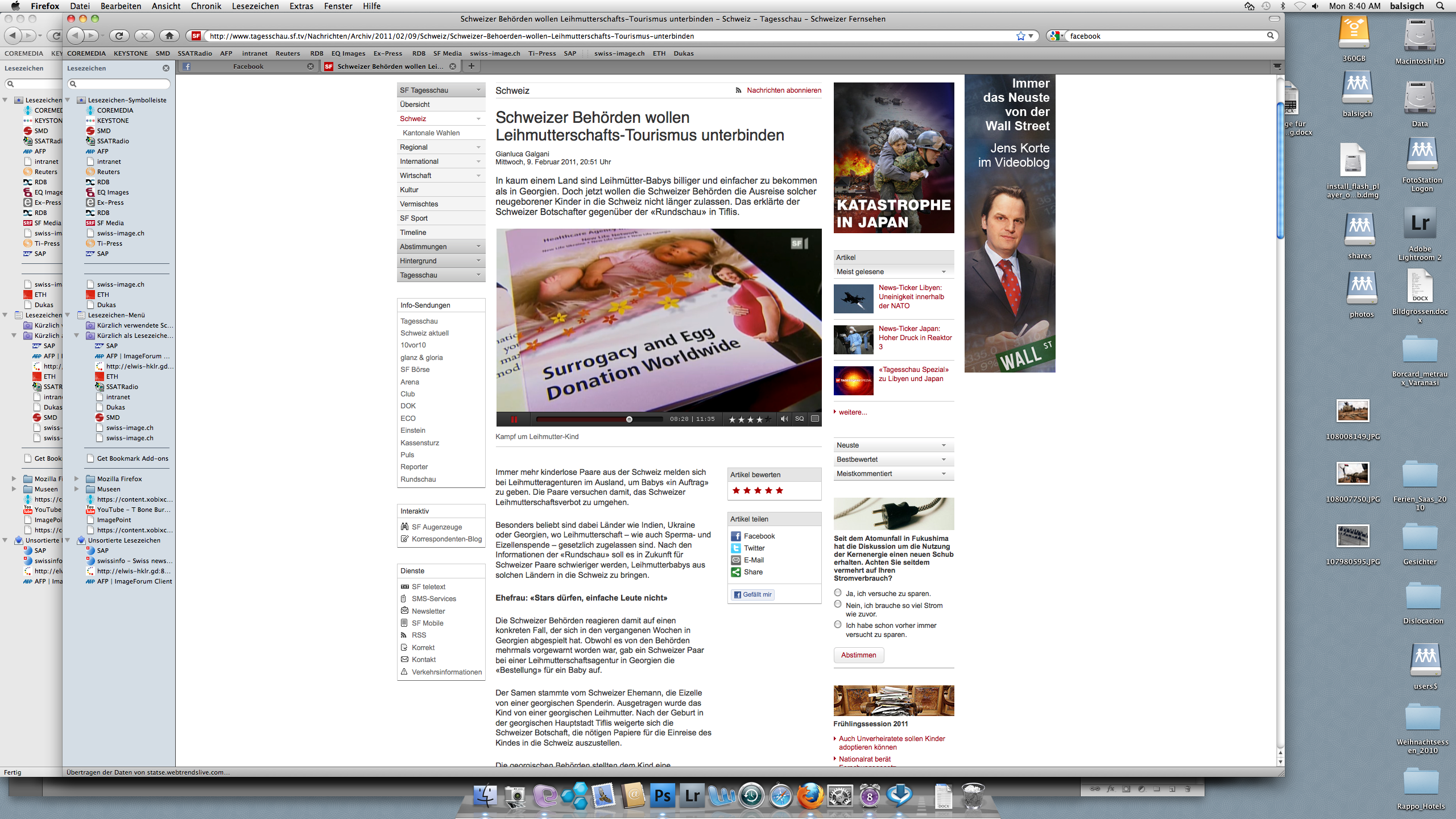
Buying a baby is quite possible with several developing countries offering “take home baby” surrogacy services for international clients.
In Switzerland, news that a 52-year-old woman from Bern travelled to Georgia earlier this year, obtained a baby by surrogate and brought the child back to the country caused consternation.
The Bern woman’s story was first revealed by SRF television show ‘Rundschau’ earlier this month. Subsequent revelations that the child had been taken into protective custody by cantonal authorities because the woman’s adult son, who helped care for the child, was a convicted sex offender further inflamed the debate.
Surrogacy is illegal in Switzerland, as in most European countries. Several surrogacy clinics are operating in countries such as Georgia and India where the practice is legal.
Government officials say it is difficult to know how many Swiss may have gone down the path of international surrogacy to have a child.
In a statement, the Swiss embassy in Georgia said it had dealt with one specific case and had received three written inquiries from people wanting information about the process.
The Surrogate Motherhood and Donation Centre – Human Georgia, whose services the Bern woman employed, offers services starting at around €15,000, rising to €30,000 (SFr19,240-38,480) depending on how many attempts are needed for the surrogate to become pregnant. Women who act as surrogates receive a fee of up to €9,000.
Clients looking to use the service may engage a surrogate, egg donor and sperm donor if need be. By entering a password which can be obtained by SMS from outside Georgia, clients can browse a list of potential surrogate mothers with photo and details of age and race.
Rights
Opponents note that women who offer themselves as surrogates in developing countries often have few options for earning a living. Almost always, surrogates already have children of their own and money earned from surrogacy is an important source of income for the family.
Under Georgian law, a surrogate mother has no subsequent rights over the child, even if she is also the egg donor. Local authorities will issue the birth certificate in the name of the take-home parents. In other countries, the surrogate must give consent for adoption, which implies that she is the biological mother when she may not be.
Marlène Hofstetter, head of the adoption department at children’s rights non-government organisation Terre des hommes told swissinfo.ch that infertile couples who engage international surrogacy services are “using” women less fortunate for themselves for their own gain.
“We know that links between a mother and baby form during pregnancy,” Hofstetter said. “For the woman who carries the child for nine months who is not allowed to become attached to it, it’s an abuse of these women. OK they get paid, but they are often in a precarious financial situation.”
There is also the question of the child’s right to know its biological parents. Couples who seek a child by surrogate can opt to keep their own identity confidential from the surrogate.
“We don’t know anything afterwards about how these situations are managed,” Hofstetter said. “Are they going to tell the child the truth one day?”
Nationality
While the Bern woman managed to obtain a temporary Swiss passport for the child, questions remain about the identity of its biological parents and thus its nationality, Cora Graf-Gaiser deputy director of the Federal Office for Civil Status told swissinfo.ch
Graf-Gaiser said that cantonal authorities will not accept foreign birth certificates which they suspect are either falsified or contain false information.
“The parents who go to foreign countries to have a baby by surrogate cannot be sure that they will be able to travel with this child to Switzerland just because they are noted on the birth certificate,” Graf-Gaiser said.
She said Switzerland is far from being the only country to take a hard line on the issue. Its laws are similar to those of neighbouring countries such as Germany, which refused point blank to allow one of its citizens to bring twins born to an Indian surrogate into the country.
Tamara Khachapuridze, director of the Surrogate Motherhood and Donation Centre – Human Georgia, told swissinfo.ch countries that refuse entry to children born from surrogacy are violating the rights of both the child and the parents.
“There have been many examples of separation of parents from their little children. Shame on the consulates which do this,” Khachapuridze said.
Assisted reproduction
Gabriel de Candolle, president of the Swiss Society of Reproductive Medicine told swissinfo.ch Swiss law governing medically assisted reproduction is “one of the most restrictive in the world” and should be liberalised to keep up with developments in medicine.
In particular, allowing women to donate eggs for the purposes of IVF would be a big step forward, said de Candolle. Currently only men can donate sperm for IVF purposes.
De Candolle says the law as it stands could “certainly” push sterile couples into seeking to have a child through international surrogacy agencies.
“Instinctively I am against surrogacy,” said de Candolle. “Doctors must treat illness. A woman who was unable to become pregnant because she had an early menopause or chemotherapy to treat cancer, it is not normal at the age of 32 or 35 to be in that situation so I find it legitimate for medicine to help in that situation.
“But a 45-year-old woman who can’t get pregnant because her ovaries are too old, it’s not an illness, it’s just time that has passed.”
All forms of surrogacy are banned under the Swiss constitution.
Under federal law, anyone who performs a medical procedure for the purposes of surrogacy can be punished by a fine and/or prison term.
Foreign surrogacy contracts are not recognised in Switzerland.
Swiss authorities can refuse to recognise foreign documents which are incompatible with Swiss law.
“This is clearly the case for Georgian birth certificates for children conceived by a surrogate mother which mention the Swiss parents as the legitimate parents,” notes the Swiss ambassador to Georgia in a statement.
Swiss embassies are not authorised to deliver Swiss passports or travel documents to children born from surrogate procedures.

In compliance with the JTI standards
More: SWI swissinfo.ch certified by the Journalism Trust Initiative








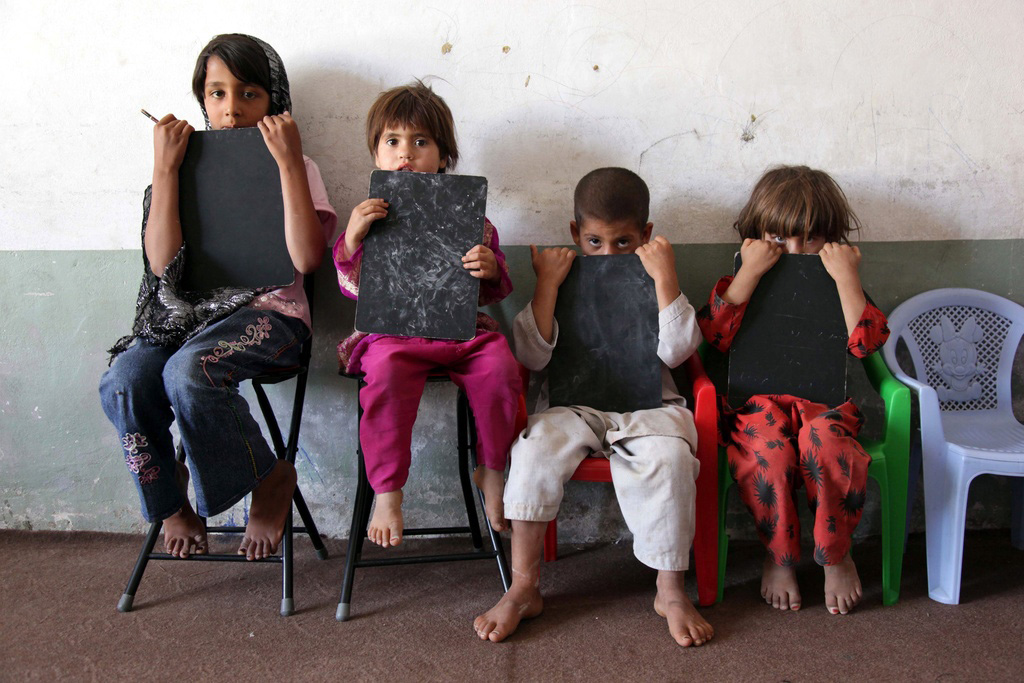
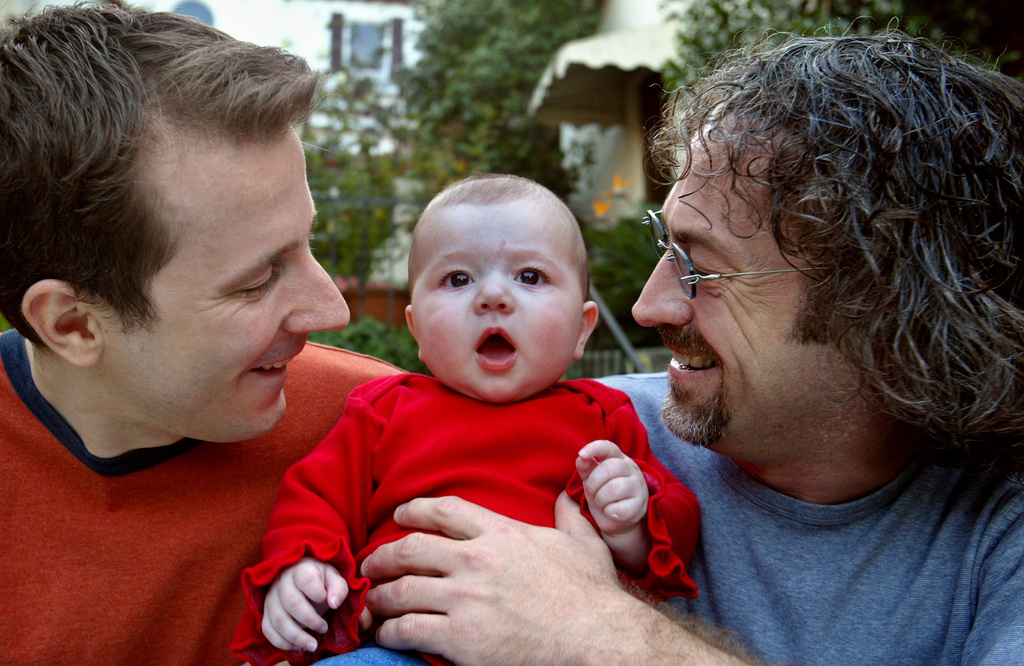
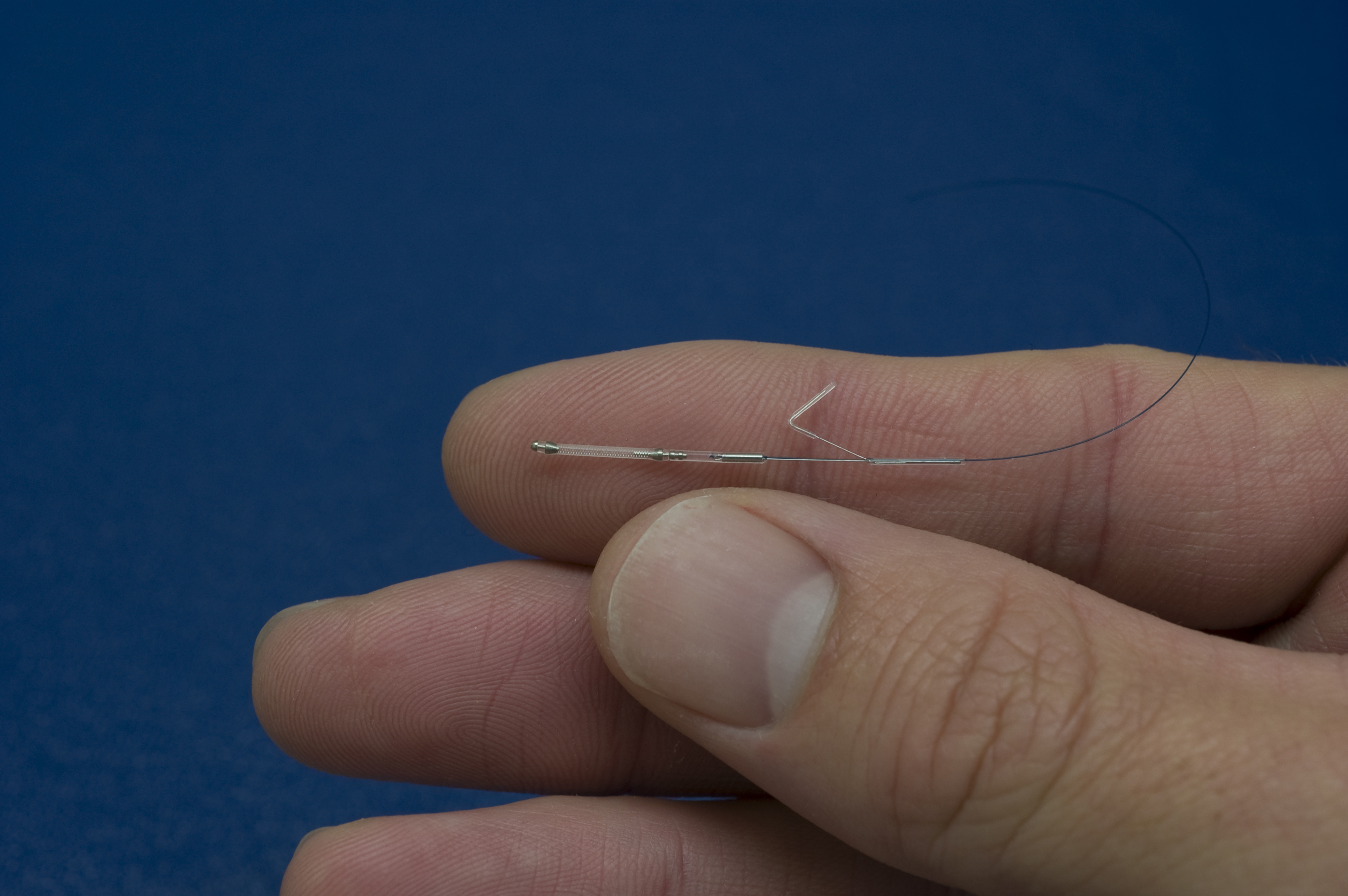
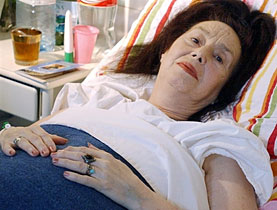

You can find an overview of ongoing debates with our journalists here . Please join us!
If you want to start a conversation about a topic raised in this article or want to report factual errors, email us at english@swissinfo.ch.